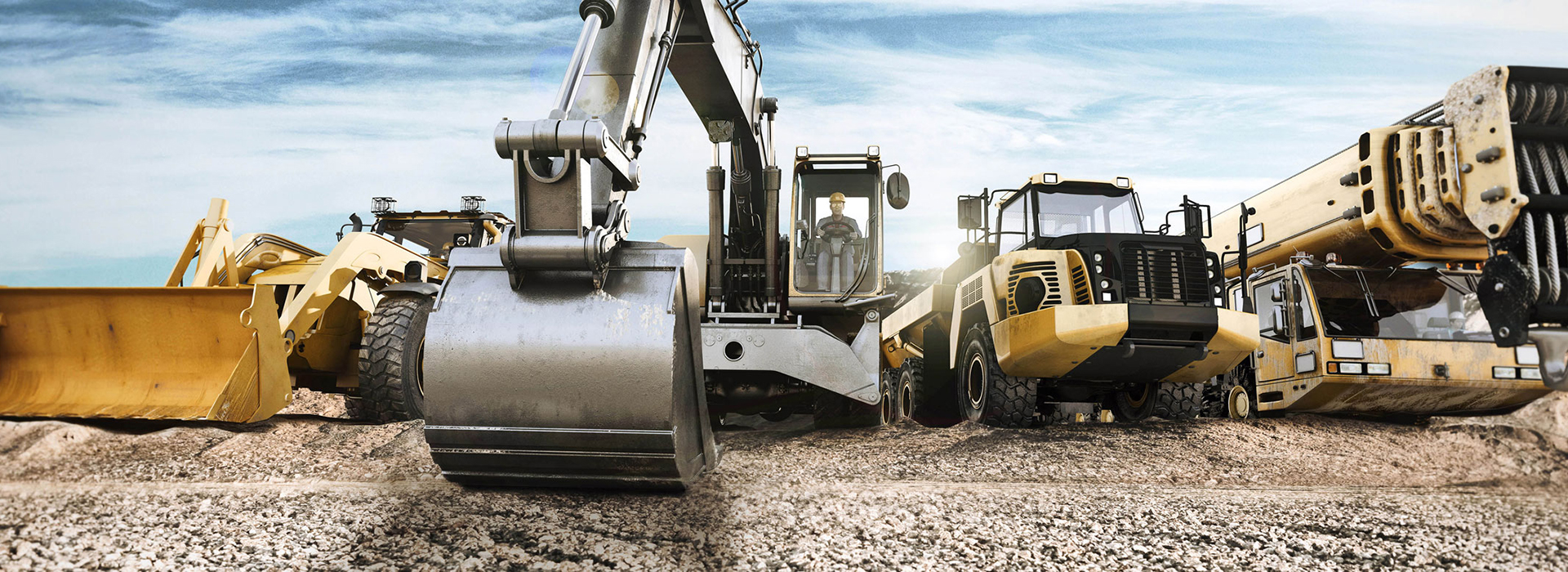Plant & Machinery Valuation
Plant & Machinery Valuation is the process of determining the fair market value of tangible assets, such as machinery, equipment, and other fixed assets, used in the production, manufacturing, or operational processes of a business.


Overview
Plant & Machinery Valuation is an important tool for businesses and individuals to understand the worth of their tangible assets. It ensures accurate financial reporting, proper insurance coverage, informed decision-making, and compliance with tax and regulatory requirements.
Who Need This Service?
Banks, financial institutions Corporate Clients, Public & Private Institutions & Individuals
When You Ned This Service?
For Mortgage lending, accounting purpose, sale, purchase and lease
What We Need From You To Start?
Instruction/request from the client, records on machines on transactions, status, features, technical conditions, quartaly or yearly upgrades and other relevant information in affecting the market or fair value, invoices etc.

Find the right insights for your next business deal
Benefits
Plant & Machinery Valuation offers numerous benefits to businesses, asset owners, and stakeholders. It ensures asset accuracy, financial compliance, and informed decision-making, while also supporting financial transactions, insurance coverage, and strategic asset management. Overall, accurate valuations are essential for optimizing asset value, mitigating risks, and maintaining a competitive edge in the market.
Accurate Asset Valuation
Plant & Machinery Valuation provides businesses and asset owners with a precise and up-to-date assessment of the fair market value of their tangible assets. This ensures that the assets are valued correctly, reflecting their current condition and market worth.
Informed Decision Making
Having accurate valuations of plant and machinery enables businesses to make informed decisions regarding asset management, financial planning, and strategic investments.
Financial Reporting Compliance
Plant & Machinery Valuation is essential for financial reporting, ensuring that companies present accurate asset values in their balance sheets and comply with accounting standards.
Asset Financing Opportunities
Lenders often use plant and machinery valuations to determine the value of collateral for asset-based financing. Accurate valuations enhance the chances of obtaining favorable loan terms.
Insurance Coverage Optimization
Accurate valuation helps businesses optimize their insurance coverage by ensuring that plant and machinery assets are adequately insured against potential risks and losses.
Mergers and Acquisitions Support
In mergers and acquisitions, plant and machinery valuations play a crucial role in determining the total asset value of the target company, aiding in negotiations and decision-making.
Tax Planning and Compliance
Plant & Machinery Valuation assists businesses in accurately assessing the taxable value of their assets, ensuring compliance with tax regulations, and optimizing tax planning strategies.
Asset Disposal and Acquisition
Valuations provide valuable insights for businesses looking to sell or acquire plant and machinery assets. They help set appropriate selling prices or assess the value of potential acquisitions.
Litigation and Dispute Resolution
In legal proceedings or dispute resolution, plant and machinery valuations serve as crucial evidence to establish the fair market value of assets involved.
Asset Lifecycle Management
Valuations help businesses monitor the depreciation and useful life of plant and machinery assets, aiding in effective asset lifecycle management and replacement planning.
Strategic Asset Allocation
Accurate valuations enable businesses to identify underutilized assets or areas where investment in new machinery may be beneficial for operational efficiency and productivity.
Increased Transparency
Plant & Machinery Valuation provides transparency and credibility to stakeholders, investors, and regulatory authorities, enhancing trust in the company’s financial reporting.
Risk Management
Valuations assist in identifying potential risks associated with aging machinery or the need for equipment upgrades, enabling proactive risk management strategies.